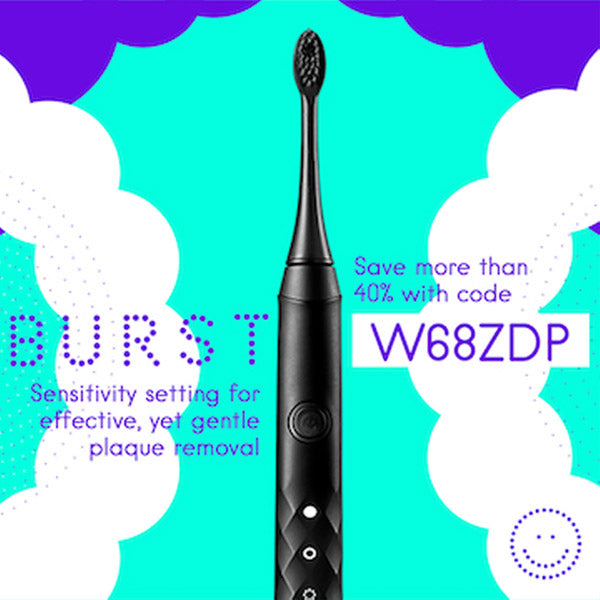Mouth Sores (Oral Mucositis)
Many people may experience mouth sores during chemotherapy or radiation to the head & neck region. The severity can depend on the type of treatments used, the dosage and duration. It can range from mild discomfort to cases severe enough to disrupt the ability to eat, drink, speak and swallow. The most severe cases may result in the need to reduce dosages, delay or discontinue treatments.
For those receiving chemotherapy, sores inside of the mouth usually develop 7-10 days after treatments and can last for 1-2 weeks. Radiation to the head and neck region can cause mouth sores 2-3 weeks after treatments and may last throughout the duration of treatment. Those undergoing a Bone Marrow (Stem Cell) Transplant are especially susceptible, affecting up to 75% of patients.
Mouth sores can be minimized, or possibly avoided in some cases, by seeing your dentist prior to treatments to resolve any existing dental issues and remove potential sources of irritation in your mouth. Sucking on ice chips prior to and during certain types of chemotherapy may minimize the amount of medication that reaches the oral tissue by constricting blood vessels in your mouth. Keeping your mouth moist can also help to reduce mouth sores.
Practicing good oral hygiene is considered to be one of the most important factors for preventing mouth sores during cancer treatments. The bacteria that make up dental plaque can cause the tissue to become inflamed and lead to ulcerations and infection. Remove plaque and food debris from your teeth, tongue and gum tissue by brushing after every meal and before bed. Brush for 2-3 minutes with gentle circular strokes. Avoid vigorous horizontal "scrubbing" to prevent trauma to the tissue. Use a toothbrush with very soft bristles and a small compact head. Rinsing the brush under hot water for 15-30 seconds can help to soften the bristles. Brushes with extra soft bristles will wear out faster than stiff-bristle brushes. Change your brush if the bristles appear to be frayed or bent. Changing your brush frequently will also help to prevent bacterial growth on the bristles. Germs thrive in a moist environment, so let your toothbrush dry thoroughly between each use. Store your brush in an upright position away from the toilet.
Choose a mild toothpaste that contains fluoride, Xylitol or both to prevent tooth decay. Avoid toothpastes that contain the detergents called Sodium Lauryl Sulfate (SLS) and Cocamidopropyl Betaine (CAPB). Both can irritate delicate oral tissue and encourage mouth ulcerations. Also avoid tartar-control, peroxide/whitening agents and strong flavors as these may all be too harsh for those at risk for mouth sores. Unflavored toothpastes may help those who are experiencing nausea with treatments. See our Products Section for toothpastes that do not contain these potentially harmful ingredients.
Flossing daily will remove plaque and food debris where your brush cannot reach. It not only prevents cavities between your teeth but also protects the gum tissue from becoming inflamed and sore. Consult your dental professional to ensure that you are using the proper "c-curve" technique to avoid traumatizing the gum tissue. Floss only with the approval of your oncologist. Your blood counts will determine if flossing below the gumline is safe for you. Floss should not be reused.
Protect your mouth by avoiding mouth rinses that contain alcohol, peroxide or phenol. Rinses that are made to relieve dry mouth can soothe the tissue. Dilute rinses with water if needed for comfort.
Inform your oncologist if you are experiencing mouth sores. You may be given a medication to relieve pain or a mouth rinse to coat the tissue, aiding in your ability to eat and overall comfort.
Get more information at: Cancer Treatment - Sore Mouth, Gums or Throat




